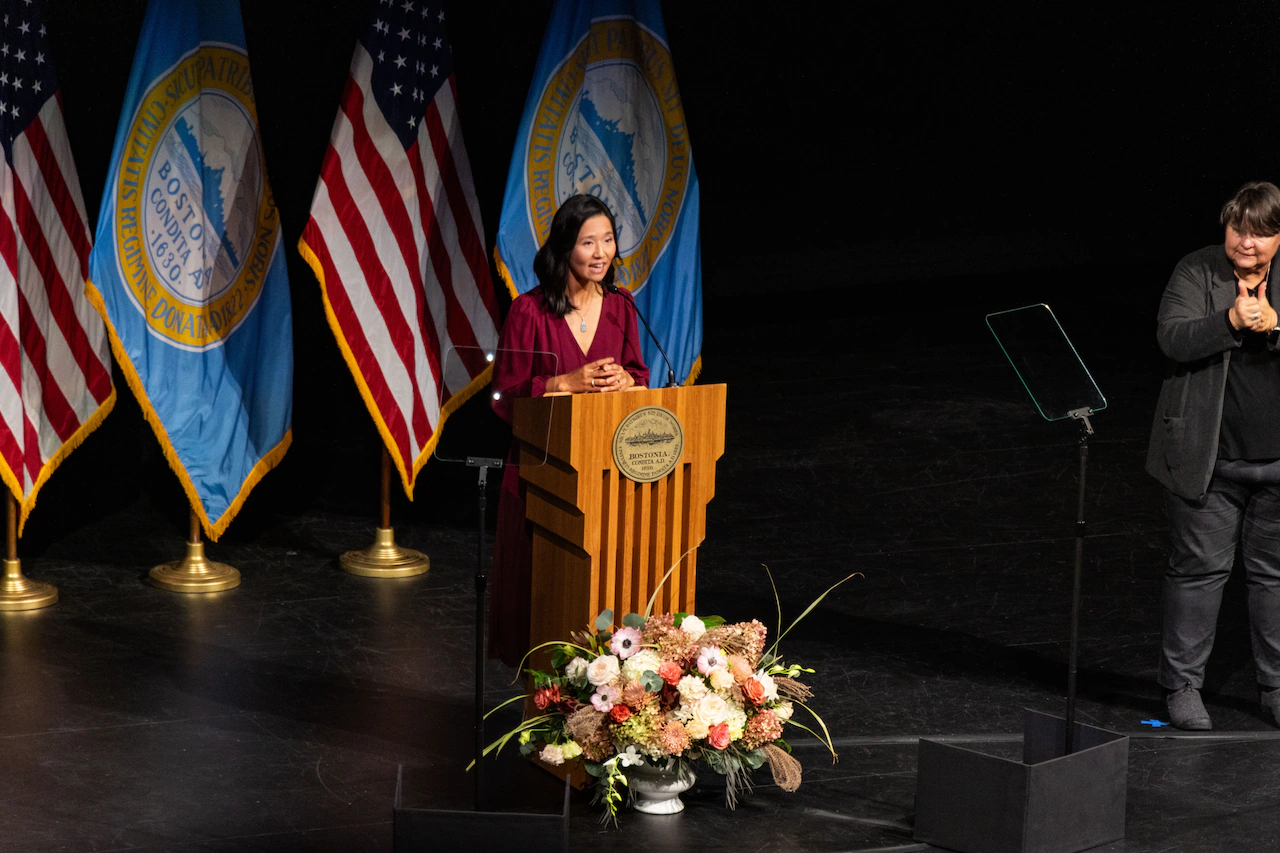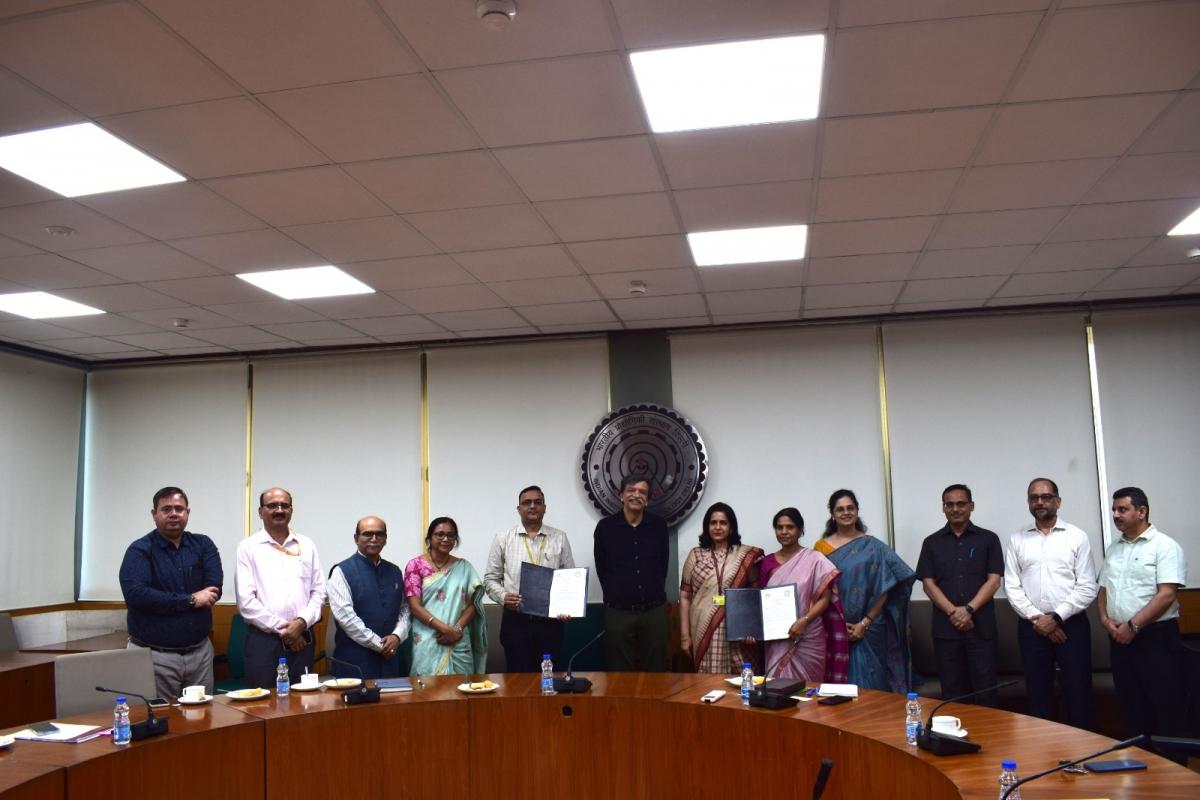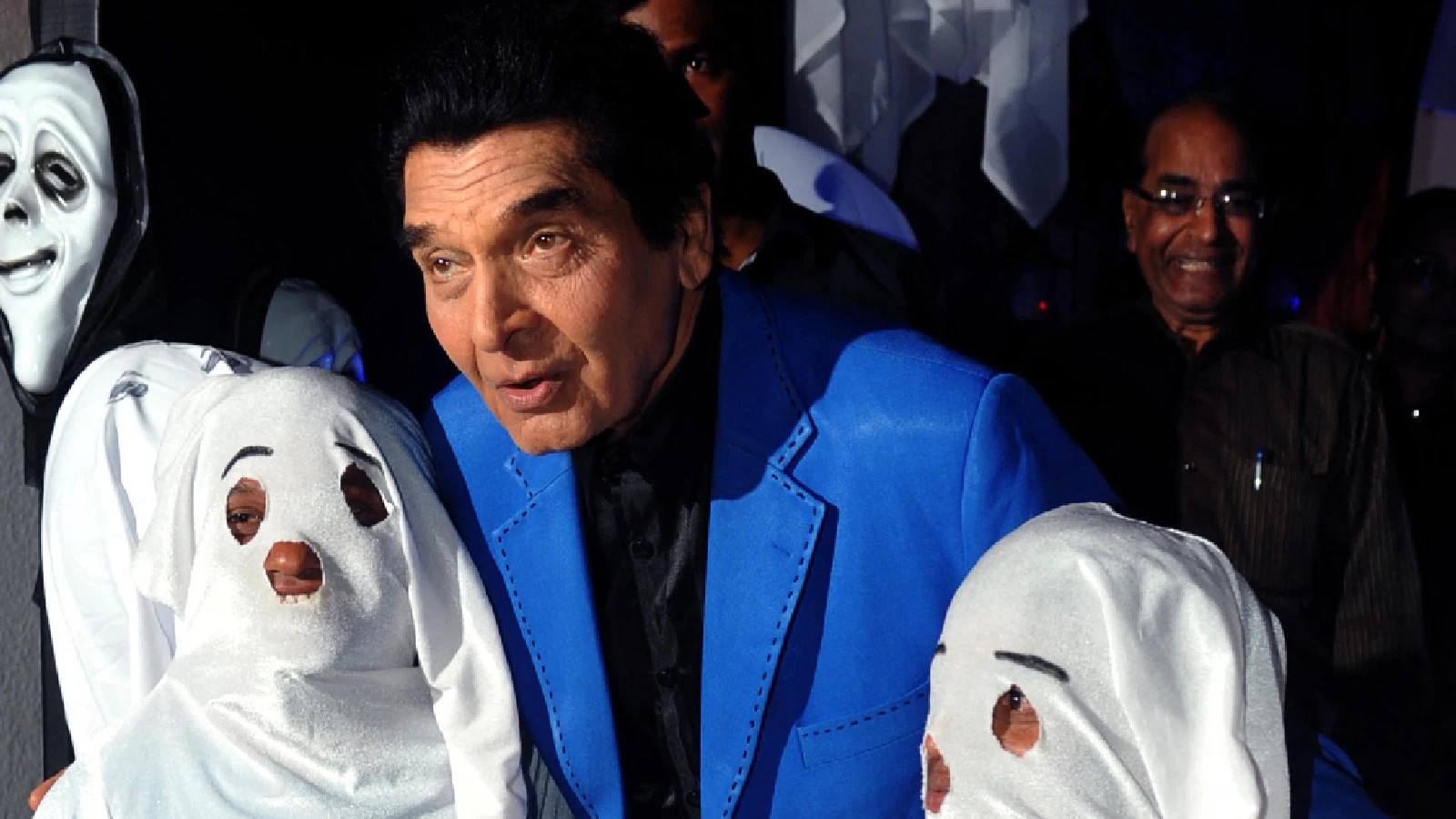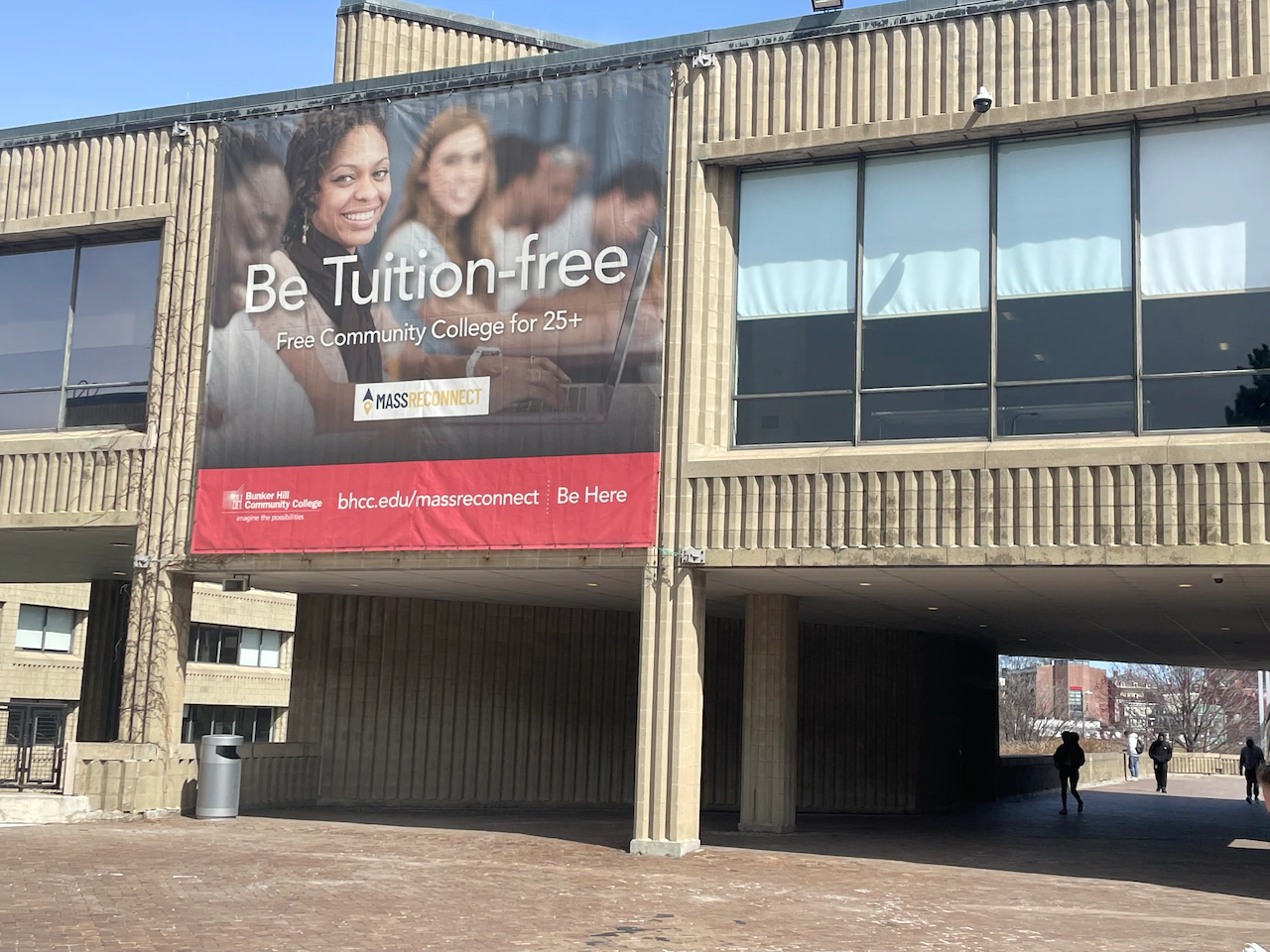Copyright MassLive

Mayor Michelle Wu announced an aggressive goal for expanding learning opportunities through universal before- and after-school care at schools across the city during Boston’s first-ever State of the Schools address on Tuesday. The announcement was part of a speech that focused heavily on the progress the public school district has made over the past few years and on efforts to continue improving into the future. The city is working with several community organizations to launch new before- and after-school programs at 20 “Community Hub Schools” which will be open to all students at those schools. “We know the day doesn’t end at 3 p.m. for kids or working families, so we’re ensuring students have the opportunity to be challenged before and after the bell rings,” Wu said. Fees for the before- and after-school care program will vary from school to school. Seventeen percent of Boston schools do not offer before- and after-school programming, which can help students with their studies. The programs also assist working parents who are unable to be home for their children during work hours, Wu said. For schools that offer morning and evening care, access can be difficult due to limited open spots, and students who use a state voucher to attend a school outside their community typically aren’t eligible. The new programs will be available to voucher students. The effort is part of a new, unified academic strategy spanning the entire Boston Public Schools district that Wu said aims to challenge all students to do what she called the “heavy lifting” of their education. This means hands-on learning that prioritizes conceptual understanding rather than worksheets and rote memorization, she explained. Another new program, which Wu teased in her March State of the City address and launched this school year, offers additional math programming to challenge student participants. Wicked Math creates new advanced math teams and trains 11th- and 12th-graders to tutor younger students. “In the past, when some students struggled, too often the response was to lower expectations, to settle for easy wins instead of pushing every student to engage with rigorous, grade-level content,” Wu said. “When we shelter students from challenge, we stunt growth. When we expect less, they deliver less.” The mayor emphasized some of the public schools’ wins over the last few years, including surpassing 28 other districts in the state rankings in the last three years after sitting in the bottom 10% for over a decade. Boston Public Schools are also offering more chances for students to earn college credits, with more than 1,200 taking college-level courses so far this year, up from 790 last year and just 179 in 2022. Boston has also seen a higher rise in the number of students taking Advanced Placement courses since 2019 than nearly any other city in the country, Wu said. This includes 7,500 students who took AP exams this year. Despite these gains, challenges remain. Like much of the rest of the state, Boston test scores have not yet returned to 2019 pre-pandemic levels, according to results from the Massachusetts Comprehensive Assessment System released by the state last month. Speaking to reporters after the speech, Superintendent Mary Skipper said, despite this, the city did see “positive progress” from last year. “We are definitely starting to see the acceleration that we are looking for,” Skipper said. “The mayor and I are very honed in on driving our academics as high as possible.” Boston Public Schools have also made “record investments” in its school infrastructure, Wu said, with more major school building projects launched in the past four years than in the previous four decades combined. Part of keeping Boston’s facilities functional has been merging or closing some schools as buildings age and enrollment drops. A Long-Term Facilities Plan developed in 2024 called for the eventual closure of nearly 20 schools. The plan is updated every 18 months, Skipper said, and the district will bring new recommendations to the School Committee next month. The mayor also announced Tuesday that for the first time, families registering their children will no longer have to go in person to a Boston Public Schools Welcome Center. A new online portal, available in 10 languages, can be found at greatstarts.boston. Wu acknowledged that Boston is facing challenges from the federal government, which could make it more difficult to invest in public schools. Her administration has clashed with President Donald Trump’s administration since he took office in January over Boston’s immigration policies. This prompted threats of federal funding cuts. Read more: Mass. has taken a $3.7B hit from Trump admin, GOP cuts, new state data show But the mayor said she was determined to continue the progress Boston has seen, telling attendees, “The state of our schools is the state of our city’s future.” “We reject the idea that urban public schools are doomed to do less,” Wu said. “Even as we do everything we can to protect our communities, we’ll have some hard decisions to make. These next few years won’t be easy, but as we know, Boston doesn’t back down.” You can watch the whole State of the Schools address here.



